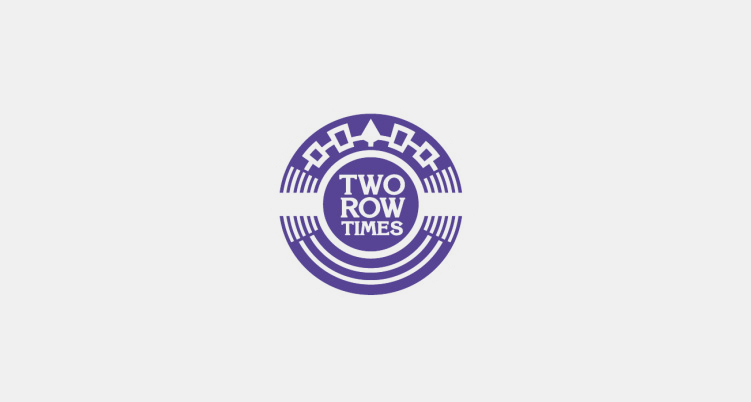
Ken Hughes, a Mississaugas of the Credit First Nation man who operates a cannabis store in Toronto without a license claiming traditional rights, is one of the driving forces behind the court challenge of the First Nation’s recently-adopted constitution.
The constitution is being touted by the First Nation as one of the first steps away from the Indian Act and is a marker of the community’s inherent right to self-government.
Justice Harry LaForme, a decorated judge from MCFN, said the newly-adopted constitution can be considered a “supreme law” of the First Nation and lays the groundwork for the First Nation to exercise its inherent right to self-government.
“That’s going to be our opportunity to step away from the Indian Act and no longer be under that kind of jurisdiction and it’s a part of us establishing our own inherent self-government,” said LaForme. “A constitution doesn’t take any of that away. It recognizes it and tells you that this is the boundaries and these are the things you can legislate…and that’s very important. That’s the supreme law of our First Nation. That’s not new to Indigenous peoples. Before we ever wrote these things down, we had what we call The Seven Grandfather Teachings. That’s a kind of constitution. That tells you the areas that you have to legislate or pass laws in that regard.”
MCFN passed the constitution on April 22.
But Hughes, who represents a numbered company (14922000 Canada Association acting as the plaintiff, formed for the purpose of defending Indigenous rights), is taking MCFN to court over the adoption of the constitution.
The case was introduced in a Cayuga court last week, with Hughes arguing that the adoption of the constitution violated the rights of MCFN band members.
MCFN Chief Stacey LaForme said the constitution is a foundation document that leads the First Nation toward self-sufficiency and away from the Indian Act.
The Indian Act is century-old legislation that governs First Nations in Canada and even determines who and who is not considered a “status Indian” under the archaic legislation.
Chief Laforme says the Indian Act remains a form of genocide for his people.
The newly-adopted constitution helps MCFN determine who are members of the First Nation without the interference of the Indian Act, among other benefits.
The numbered company argues that MCFN had no lawful authority to introduce the constitution, arguing that the constitution removes certain people from the band membership list.
Hughes is asking the court to maintain the Indian Act as the “status quo” applicable on MCFN until a full legal assessment of the implementation of the constitution is completed.
He also claims the constitution is a violation of the Canadian Charter of Rights and Freedoms.
Hughes did not return calls by press time.








